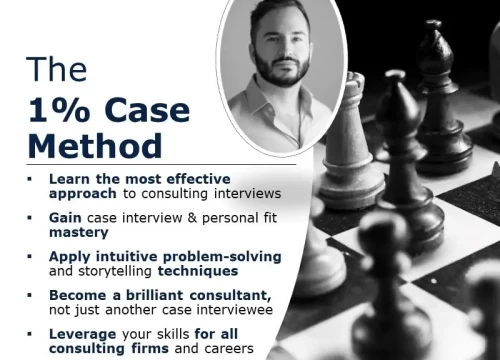Hi,
I will join BCG US as a Summer Consultant in June and wonder if there is any technical skill that I should prepare (Tableau, PowerBI etc…). I am kinda overwhelmed about the upcoming journey right now and suffer from imposter syndrome so working on something may help right now.
Thank you
